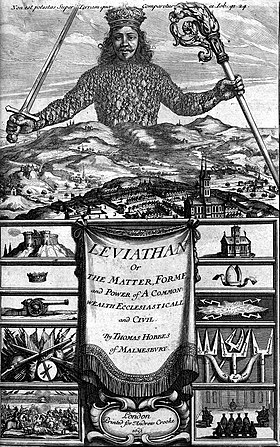Harmony and Discord between Sovereignty and the Body Politic in Edward Forset's Comparative Discourse
DOI:
https://doi.org/10.15170/SPMNNV.2017.09.09Keywords:
Edward Forset, Sovereignty, English Political Thought, Body Politic, Cosmic Harmony, King's Two Bodies, Cultural HistoryAbstract
In the year 1606 Edward Forset published his quite curious book, under the title, A Comparative Discourse of the Bodies Natural and Politique. His book is an example of the glorification of the idea of sovereignty, and thus requires more attention in the shadow of the works of Hobbes and Bodin. Forset is mostly preoccupied with the analogy between bodies natural and politic. In European political theory, starting with the 12th century, with John of Salisbury and his famous treatise Policraticus, one can notice the emergence of a political metaphor consisting in drawing an analogy between the medieval state and the human body. Furthermore the medieval and early modern mind was dominated by the idea that man was a microcosm which faithfully mirrored, on a lesser scale, the universal macrocosm. That was the basis for the analogy between the human body and the state and it was openly acknowledged by political and literary authors, such as Forset or the more famous James IV and I, king of England and Scotland. My aim with this paper is to explore the ideological backround of Forset's work, which could serve as a solution for the different and also ambigious historical approches, that concerned this work. In my reading the numerous inconsistencies of the discourse can only be processed if we approach the text as an ideological performance and not as an example of social and political conflict.


